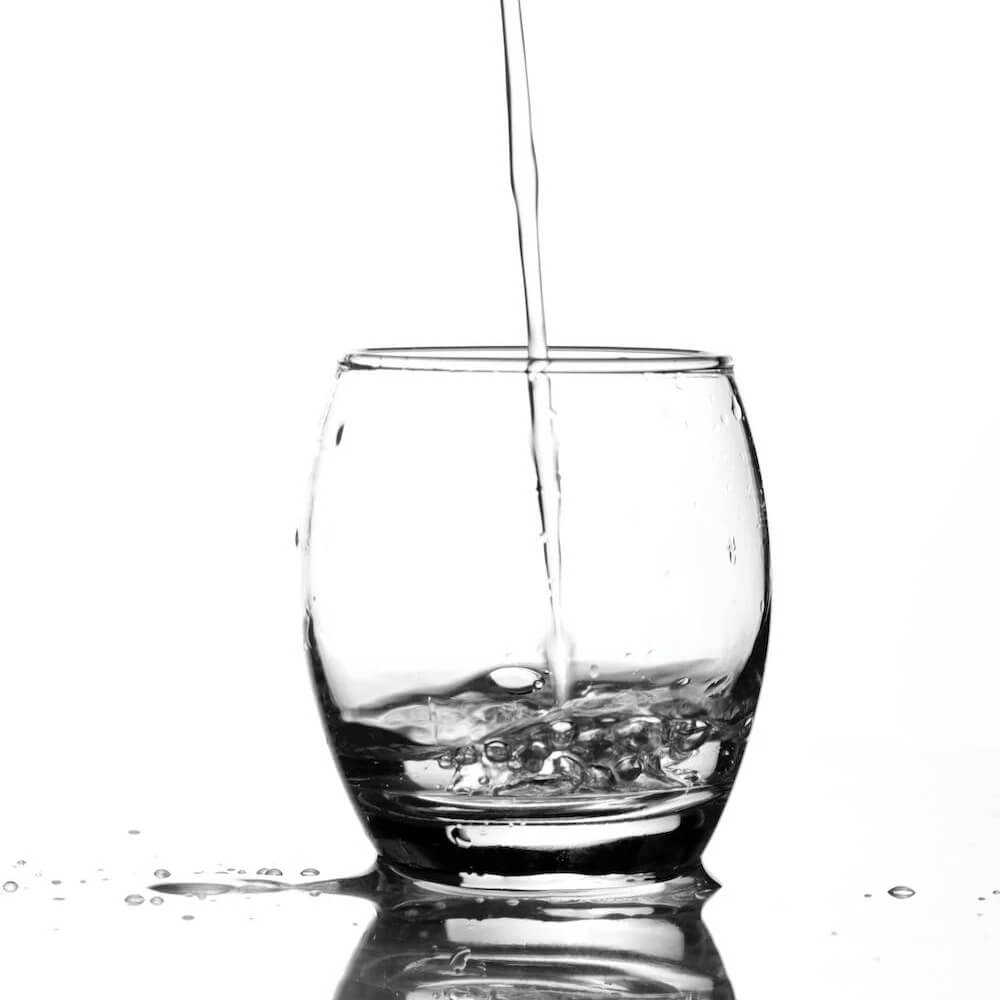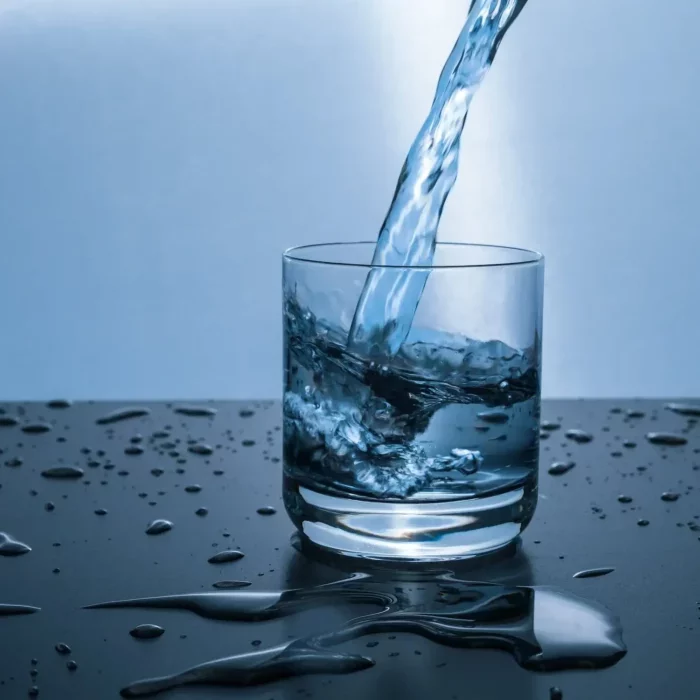Why We Are Advised to Drink At Least 3 Liters Of Water Per Day?
Water, the colorless; odorless liquid, which forms the beautiful seas, lakes and rivers, and blesses the planet when it falls as a rain. Making around 60% of human body weight, water considered to be one of the most essential components that helps the organs in our bodies to carry on their functions. Lack of water will result in dehydration which can end up with serious complications and speed up the aging process. On the other hand, maintaining good hydrational status by drinking enough water will prevent dehydration and support the wellbeing.
The benefit of drinking the right amount of water includes:
Ridding the body of the toxins
Drinking water is essential for maintaining healthy kidneys. The kidneys are responsible for filtering waste products, toxins, and excess fluids from the bloodstream. When the body is dehydrated, the kidneys must work harder to filter these substances, which can lead to damage over time.
Adequate hydration can help the kidneys filter waste products such as urea, creatinine and uric acid more effectively and flush them out of the body through urine. This can also reduce the risk of kidney stones and other kidney-related issues.

Cognitive performance
Studies have shown that even mild dehydration can have a negative impact on cognitive performance, including attention, memory, and reaction time. Research has found that dehydration can impair working memory, as demonstrated in a study by Shirtcliff et al., (2009) found that dehydration led to a significant decline in working memory performance among healthy young adults.
Studies have also shown that dehydration can affect attention, as shown by Armstrong, Soto and Reford, (2011) which found that dehydration impaired attention and memory in healthy young adults. This can be confirmed by the insights of any of the experts at our Neurology Clinic in Dubai.
Dehydration can also negatively impact reaction time, as demonstrated by Harrison et al, (2017) which found that dehydration impairs reaction time in young healthy adults. The studies above demonstrate that dehydration can have a negative impact on cognitive performance.
Therefore, it's important to maintain proper hydration to support cognitive function. Drinking enough water and other fluids, especially in hot weather, during physical activity and when feeling thirsty, is crucial for maintaining optimal cognitive performance.

Reduce body weight
Drinking enough water each day is one strategy that can help with weight management. Research has shown that drinking water can help with weight loss by increasing feelings of fullness and satiety, which can lead to decreased calorie consumption.
A study by Dennis et al., (2010) found that drinking water before meals led to an average decrease in calorie intake of about 75 calories per meal. Drinking water can also increase the number of calories the body burns, a process known as thermogenesis. A study by Boschmann et al. (2003) found that drinking water led to an increase in energy expenditure.
The study found that drinking 500ml of water increases energy expenditure by 24% and the effect lasts for an hour after drinking. Therefore, drinking water can be an effective way to increase energy expenditure, which can help with weight loss.
Maximize physical performance
Drinking enough water and staying hydrated is essential for maintaining optimal physical performance. When the body is dehydrated, it can lead to a decrease in blood volume, which can negatively impact cardiovascular function, resulting in decreased endurance and increased fatigue.
Research has shown that even mild dehydration can impair performance, as demonstrated by a study by Armstrong et al. (2007) which found that dehydration led to a significant decline in endurance performance among cyclists. Another study by Montain et al. (2000) found that dehydration led to a decline in strength and power among weightlifters.
Proper hydration can also help to regulate body temperature during physical activity, as shown by a study by Sawka et al. (2011) which found that dehydration can increase the risk of heat illness during exercise. Therefore, it's important to drink enough water and stay hydrated to support optimal physical performance.
IN SUMMARY
Many other benefits of maintaining good hydrational status include constipation relieve, regulating body temperature, nourishing the skin and sustain healthy blood pressure.
The amount of water that people needs to drink every day varies according to the individual’s health, how active they are and where they live. In general, the person requires around 3 liters of water every day.
This amount will increase if you live in a hot weather or do intense exercise. Some tips may be helpful here to achieve the target, For example; carrying a bottle of water and refill it throughout the day, serving water with each meal, adding wedges of lemon to cold water for better taste and drinking water during and after exercise even if you don’t feel thirsty.
In brief, drinking the right amount of water you need is the key to start and conserve a healthy lifestyle. Make the commitment!
